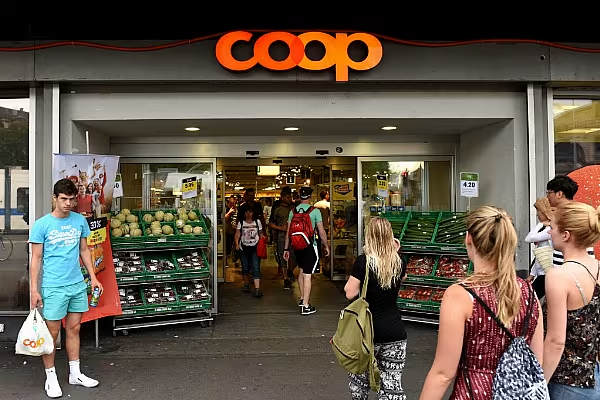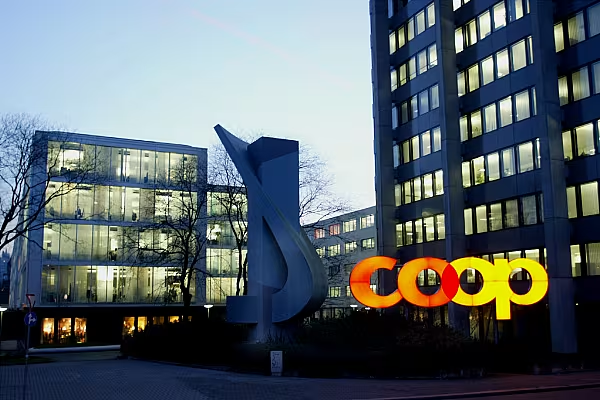Coop Switzerland has long proven itself to be an innovator when it comes to introducing new concepts - in November, for example, it launched a range of energy bars developed from dried insects, as well as rolling out a new in-store delicatessen format, Sapori d'Italia, to appeal to Italian speaking consumers in the south of the country.
Now, on the back of positive full-year sales, in which it saw turnover rise 3.0% to CHF 29.2 billion over the past 12 months, Coop is turning its attention to a new goal: becoming a leader in organic.
Organic Strategy
Speaking to NZZ am Sonntag at the weekend, Coop chief executive Joos Sutter said that the group wants to "double organic sales by 2025". Currently, organic sales in the group's retail division stand at 13%, a value of CHF 1.3 billion.
In addition, in its full year results, Coop said that sales of its sustainable own-brands are on the rise across its operations, with a turnover increase of 5.6% to CHF 3.7 billion.
"Although sales in the retail sector have declined in the last six to seven years, our Bio range has steadily risen," Sutter told the paper.
Recent product launches indicate that Coop is eager to practice what it preaches in this regard. In November, the group announced that the launch of La Mocca Naturaplan coffee capsules, which the group says is the first Swiss-certified organic coffee capsule product to meet 'the stringent requirements of Bio Suisse', the country's organic certification body.
Elsewhere, in non-food, the group unveiled its Coop Naturaline Swiss Cosmetics range, which have been developed almost entirely from raw materials, without the use of synthetic fragrances and dyes, and the Coop Naturaline Baby Care range, which similarly adopt a strict 'natural ingredients' positioning.
The retailer's recent decision to offer reusable mesh bags for fruit and vegetables is another eco-friendly move that has earned the retailer praise. The bags, developed from FSC-certified beech wood, can be reused repeatedly and require less energy and water in their production than cotton bags, earning them a recommendation by the WWF.
And Coop's efforts seem to be getting noticed. Last year, independent rating agency oekom certified Coop as the 'most committed retailer in the world' when it comes to sustainable development. In April 2017, the research agency analysed the social and environmental commitments of 148 international retailers, with more than 100 criteria evaluated - with Coop emerging on top, ahead of Marks & Spencer and Tesco. A sign of things to come?
Online Growth
Over the coming years, Coop is likely to utilise its online channels more effectively to promote its organic positioning, and deliver a competitive range for its consumers. According to its annual results, the group's e-commerce division posted revenues of CHF 1.7 billion, which is up 1.8% on the previous year. Its coop @ home online supermarket posted an increase of 10.5%, to CHF 142 million.
Coop is also confident that inflation in neighbouring markets, such as Germany, will mean that fewer shoppers will cross the border in future, seeking better value at home. Its Transgourmet wholesale business has already seen the benefits of this, generating net income of CHF 9.1 billion, an increase of 6.0% year-on-year.
As it looks ahead to a new calendar year, Coop Switzerland is already looking ahead how it will maintain its current growth trajectory into the next decade.
© 2018 European Supermarket Magazine – your source for the latest retail news. Article by Stephen Wynne-Jones. Click subscribe to sign up to ESM: The European Supermarket Magazine.












